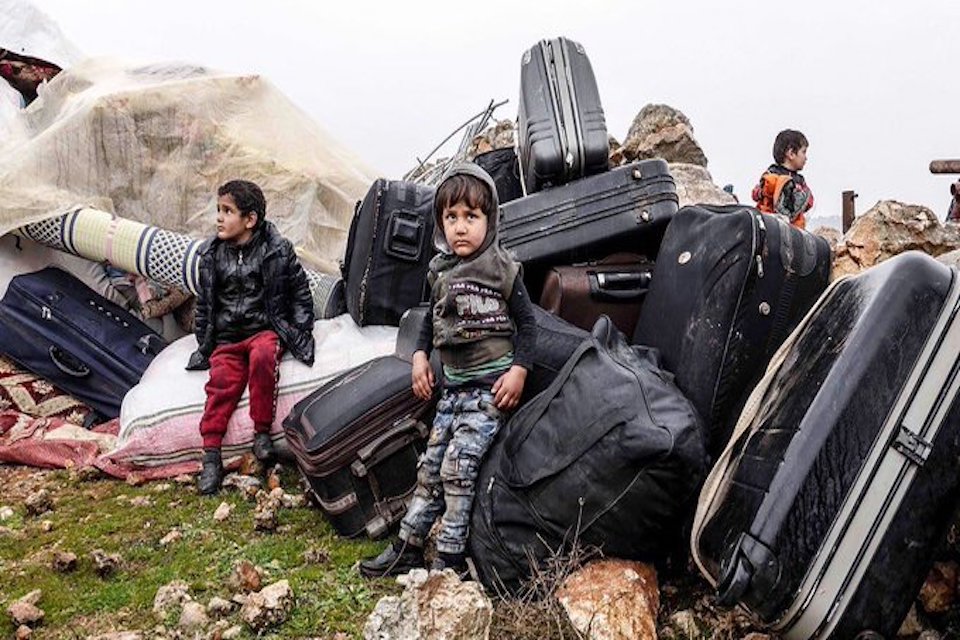Security Council briefing on Syria's use of Chemical Weapons
Statement by Ambassador Jonathan Allen, UK Chargé d'Affaires to the UN, at the Security Council briefing on Syria

Thank you, Mr President. May I also thank Izumi Nakamitsu for her briefing on the implementation of Resolution 2118, and I also want to thank the OPCW Director General for his monthly report on the activities of the OPCW Technical Secretariat.
Now, colleagues, the Secretary-General, the High Representative and this Council have repeatedly emphasised the importance of upholding the prohibition on the use of chemical weapons and identifying those responsible for their use.
The OPCW is the technical body responsible for upholding that prohibition on the use of chemical weapons. The United Kingdom fully supports the OPCW as a key part of our multilateral system, and we therefore welcome the first report of the OPCW Investigation Identification Team, or IIT, into three chemical weapons attacks in Ltamenah, Syria in March 2017. I want to commend the OPCW Director General for his leadership and the IIT’s members for their tireless and methodical work in producing the clear conclusions set out in the report.
We note that the IIT reached its conclusions with a high-level of confidence through an extensive investigation which relied on the totality of evidence, its consistency and corroboration by multiple sources and expert analysis. And we therefore support the IITs conclusions that units of the Syrian Air Force were responsible for all three abhorrent chemical weapons attacks against the Syrian people in Ltamenah in March 2017.
The IIT’s investigation adds to the evidence produced by two separate previous UN-mandated investigations, which found that the Assad regime was responsible for using chemical weapons against its own people on at least four separate occasions. By using these terrible weapons, by retaining a chemical weapons capability inconsistent with both its initial declaration and its alleged full destruction of its chemical weapons program in 2014, and by failing to comply fully with the OPCW, Syria remains in breach of its obligations under the Chemical Weapons Convention and the Security Council decisions set out in Resolution 2118.
One cannot just assert what one wants to be true in the face of evidence, which may well be inconvenient evidence to the contrary. It remains a fact that the Syrian authorities have not answered the questions raised over their CW programme since it was declared. We hear month after month in this Council about the refusal of the Syrians to cooperate fully with the OPCW and with the outstanding questions of the declaration, just as it’s a fact demonstrated by different bodies over the years that the Syrian regime has used chemical weapons against its own people. We must not allow that dust be thrown in our eyes by Syria’s defenders.
Mr President, in November, this Council unanimously reaffirmed that the use of chemical weapons was a threat to international peace and security. We expressed our strong conviction that those responsible for their use should be held accountable. In the face of clear evidence of the repeated use of chemical weapons, it is essential that we act accordingly and take steps to ensure that the threat of chemical weapons in Syria is addressed and that they are not used again - indeed, that they are never used again. We therefore urge all members of the Council to consider the report in detail and to work together towards the goal of preventing impunity and upholding UN Security Council Resolution 2118.
Thank you very much.